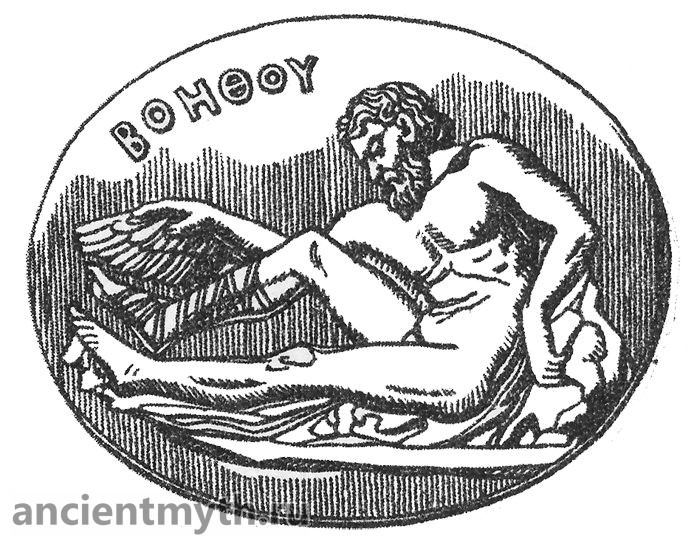The voyage of the Greeks to the shores of Troy. Philoctetes
The Greeks sailed calmly to the shores of Troy. The tailwind was blowing all the time. Ships quickly cut through the sea waves. The shores of the island were already visible Lemnos. Here, not far from Lemnos, was the deserted island of Chrysa. There was an altar on it, erected in honor of the island's patroness, the nymph Chrysa. The Greeks had to find this altar and offer a sacrifice to the nymph on it, since it was predicted to them that they would take Troy only if they landed on the shore of Chrysa on the way and sacrificed on it. The altar on this island was put by another great hero Jason, when he sailed with his Argonauts companions to distant Colchis for the golden Fleece. The great son of Zeus, also sacrificed on this altarHercules when he undertook a campaign against Troy to avenge an insult to the king Laomedontu. A friend of Hercules Philoktet knew where the altar was. He volunteered to show it to the heroes.

(Image carved on a precious stone
by the artist Boet, I century BC)
The leaders of the Greeks followed Philoctetes. The island was deserted. It is overgrown with low bushes. Finally, the altar is visible, already half collapsed. The heroes approached him. Suddenly a large snake crawled out of the bushes, guarding the altar, and stung the hero Philoctetes in the leg. Philoctetes screamed and fell to the ground. The heroes ran up to him, but it was too late. The snake's venom penetrated the wound. She became terribly ill. Copious pus flowed out of the wound, infecting the air with a terrible stench. The sufferings of Philoctetes were unbearable. Without ceasing, he moaned both day and night. The groans of the unfortunate Philoctetes did not give rest to the Greeks. The warriors began to murmur. They couldn't stand the stench that Philoctetes' wound was spreading. Finally, the leaders of the Greeks decided, on the advice of Odyssey, to leave the unfortunate friend of Hercules somewhere on the shore. While sailing past the island of Lemnos, the leaders ordered the sleeping Philoctetes to be carried to a deserted shore. There, among the rocks, they laid him down, leaving him his bow and arrows, clothes and food. So the Greeks abandoned the hero, without whose arrows they were not destined to take Troy. Philoctetes had to languish for nine years on a deserted shore. But the time came when the Greeks themselves had to send for Philoctetes and ask for his help. It happened in the tenth year of the siege of Troy.
After leaving Philoctetes, the Greeks set out on their further journey and finally approached the Trojan shores, where so many labors, dangers and great feats awaited them.